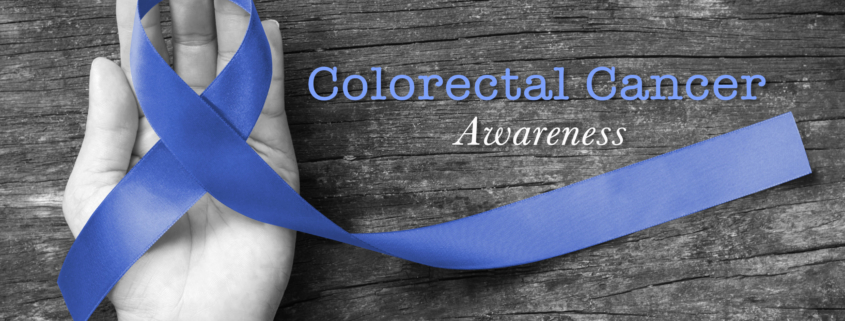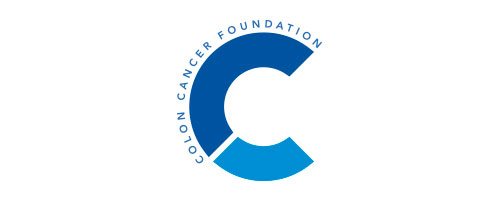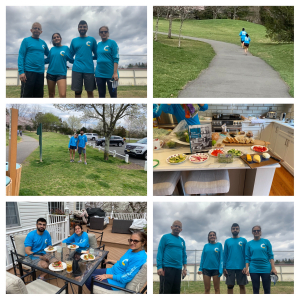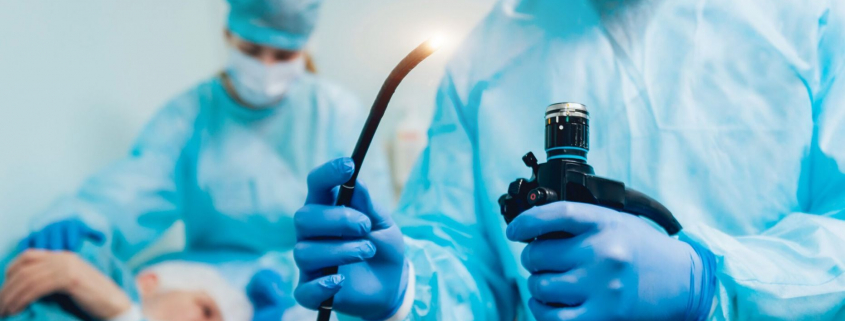Predicting when or if colon cancer will develop is not possible, but predicting due to high risk factors can save lives. Early detection through screening can prevent cancer and keep it at a treatable stage.
General Causes
While many different factors can lead to colon cancer, the exact cause is unknown. Being aware of the factors and whether or not you are at a higher risk can help save your life.
Age
All though the majority of colon cancer cases are found in people aged 45 and up, there is an increase in colorectal cancer cases in those under 45. The risk is higher as you age. Screening starts at age 50 and continues for the next 25 years.
Overweigh
Years of obesity can also increase your chances of developing colon cancer.
Inflammatory Bowel Disease (IBD)
If you have ever had ulcerative colitis or Crohn’s disease, these diseases can increase your chances of developing colorectal cancer.
Type II Diabetes
Not only can diabetes increase your risk for colon cancer it can also have an effect on your prognosis.
Lifestyle
The way you live can also increase your chances of developing colon cancer.
Diet
Overeating, carrying extra weight and the types of foods you eat can contribute not only to poor health but to colon and other types of cancers. Not only the food but also the way they are prepared.
Avoid red meat and any types of processed meats, like deli meat, hot dogs, and all types of red meat. Avoid eating burnt meat or other foods and try to avoid grilling, frying, and broiling meats.
Try to increase fresh fruits and vegetables, more plant-based foods, and avoid dairy, all processed foods, and sweets.
Smoking and Drinking
Cigarettes are one of the worst things you can do to damage your health. Combine it with excessive drinking, you increase your health risks and your cancer risks.
Exercise
Try to stay active, even walking in the evening or to work, taking the stairs or some type of stationary exercise equipment in the home can help with your overall health and keep cancer risks lowered.
Even for those with mobility concerns, you can find exercises you can do online or from books and magazines.
Genetics
The same way we can inherit a strong chin or a good head of hair, we can also inherit bad genes. If there has been colorectal cancer in your family, then your doctor will likely recommend you get screened earlier.
Inherited syndromes can also be a factor that increases your chances of developing colon cancer. The two most common are familial adenomatous polyposis (FAP) and hereditary non-polyposis colorectal cancer (HNPCC).
Your ethnic background can also be a factor. African Americans have the highest incidence of colorectal cancer in the United States. Ashkenazi Jews also have a higher risk of developing the disease.
If you have no other risks, yet are in one of those ethnic groups you should consider getting a screening earlier than the normal recommendation.
Prevention
Taking care of your health is important, in particular, as we age. Taking plenty of exercise doesn’t mean you have to run a marathon. It just means getting off the couch or out of your desk chair regularly.
Try walking to work or part of the way home, if possible. Take the stairs when possible and invest in a bike, either stationary or mobile.
Our diets are one of the biggest ways we can prevent disease and poor health. It is all tied together, our diets, the amount we eat, what we eat, plus the impact on our bodies and the environment.
Eating a diet high in fiber, low in fat and avoiding meat can increase your health, your life expectancy and give you much more energy and a more enjoyable lifestyle.
Try to avoid stress. It is not always easy and some stresses in our lives are unavoidable, but avoid the ones you can and find other ways of coping with stress other than turning to carbs, smoking, and alcohol.
Relaxing with yoga, a warm bath before bed, and turning off all your devices can make a big difference. Getting a good night’s sleep can help start your day and it plays a big part in our overall health.
Consider a walk after a big meal, to help move it through your body. Even a walk after a stressful day at work can drop your stress and blood pressure considerably.
Worrying about family, money, your job is going to happen, to try to avoid stressing about things you have no control over. Turn off the news and your social media before you go to bed.
Try reading, relaxing, stretching, and listening to soft music with low lighting. Don’t overeat, stop smoking, eat more fiber, and take care of yourself. Colon cancer can be detected early, but there is no reason you should encourage it along.





